Governments and private businesses invest billions of dollars every year in agricultural innovation for the Global South. But most investments do not support environmental sustainability and fail to benefit the poorest people. So, what needs to change?
CoSAI is gathering existing evidence to answer this question and has commissioned four major studies in areas where there are critical gaps. Learn more about these studies and other CoSAI activities below.
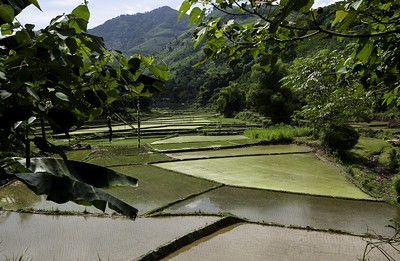
Estimating current investment in innovation for agricultural systems in the Global South
How far is the global picture of innovation today from where we need to be? The study provides a global baseline for investment, categorized by funder type and agricultural sector and estimates how much of this funding currently aims to promote the multiple economic, environmental and social objectives of sustainable agricultural intensification (SAI). Carried out by Dalberg Advisors (India) on behalf of CoSAI, the study produces global funding estimates over the past 10 years in research and innovation for agricultural systems in the Global South, as well as more detailed estimates for the patterns of innovation funding in specific contexts and environments.

The global investment gap in innovation for sustainable agricultural intensification (SAI)
Building on the investment baseline study, CoSAI together with the COP26 Transforming Agricultural Innovation for People, Nature and Climate campaign, commissioned a study on estimating the 'global investment gap' in research and innovation for SAI. The forward-looking study was carried out by the International Food Policy Research Institute (IFPRI) and jointly funded by CoSAI and the UK Foreign, Commonwealth and Development Office (FCDO). The study models the global need for public and private investment in agricultural research and development, scaling climate-smart technologies, and modernizing water management and infrastructure in order to facilitate progression on SDG2, advance agriculture's commitments to the Paris Climate Agreement, and improve water management.
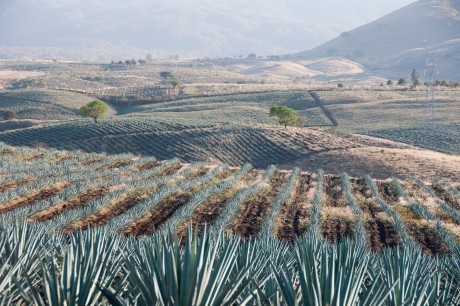
Selecting the most effective approaches and instruments to invest in innovation in SAI
A range of approaches and financial instruments have been used to stimulate and support innovation in agriculture, and to resolve interlocking constraints to uptake at scale; for example, innovation platforms, results-based payments, value chain approaches, grants and prizes, incubators, participatory work with farmer networks and many more. There is now a global body of experience in this area, much of which has been documented. However, there are very few studies that critically compare different approaches, and there is little information available on how effective different approaches are at realizing objectives (economic, environmental, social) in SAI.
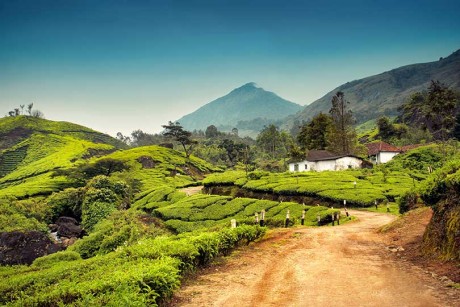
Learning from pathways for innovation for SAI in Brazil, India and Kenya
Learning from pathways for innovation for SAI in Brazil, India and Kenya (expected October 2021)
Innovation in SAI is challenging. Changing agricultural systems at scale normally means working across partners at different levels to make changes in policies and social institutions, along with technical practices. What can be learned from past successes? CoSAI is commissioning a three -country study that will look systematically at ‘SAI innovation success cases’ at scale in three types of agriculture: small-scale, medium- to large-scale, and urban and peri-urban. It will examine which factors led to success and how the cases measure up in terms of meeting diverse SAI objectives (economic, environmental, social) and in managing the trade-offs between these. The country studies will be complemented by a global review of case studies. The three country case studies will use a common framework of analysis to draw out common lessons as well as context-specific findings. The study aims to extract lessons for practitioners and investors in innovation in SAI, based on concrete examples, to guide future investment.
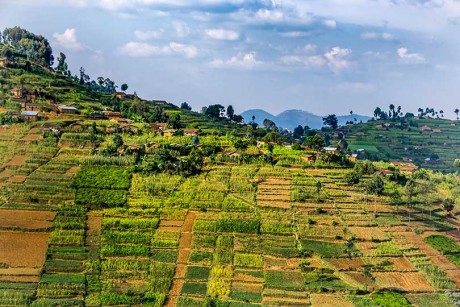
Taskforce on principles and metrics
Taskforce on principles and metrics
It is widely agreed that a huge boost for innovation in agriculture and food systems will be absolutely critical to achieving the Sustainable Development Goals and Paris Climate Agreement. This is likely to be achieved mainly through reorienting existing funding for innovation. However, the absence of clearly defined principles, operationalized with metrics, makes it difficult for investors, innovation managers and independent watchdogs to distinguish innovations and innovation processes that are likely to promote sustainability and equity from those that do not. CoSAI is establishing a taskforce to provide guidance, working with the Food and Agriculture Organization of the United Nations (FAO), the USAID-funded Sustainable Intensification Innovation Lab at Kansas State University, and other partners to develop and agree a set of principles and metrics to guide and track innovation in SAI.
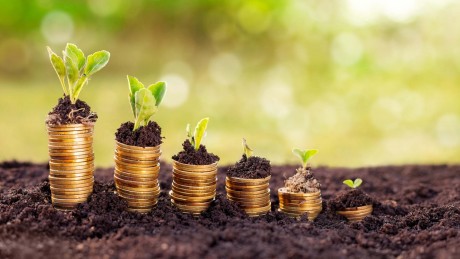
Paying for Nature and Society
Agricultural finance is a key lever for turning agriculture from a potential source of environmental harm and social inequalities to a driver of conservation and social inclusiveness. While there have been a number of reviews of financial initiatives and instruments available to incentivize sustainable agriculture, notably from a climate change perspective, many of these have not considered whether these instruments meet the diverse objectives of SAI (i.e. productivity, environment, nutrition, social equity) and the trade-offs occurring between these objectives. Moreover, there is a gap in knowledge around who is currently investing in new financial instruments, what more could be done, and the features of successful innovation partnerships and pathways to date. Following a quick initial review, CoSAI is moving forward with a fuller study that should offer recommendations for designing, implementing, and evaluating innovations in financial instruments that address the multiple objectives.
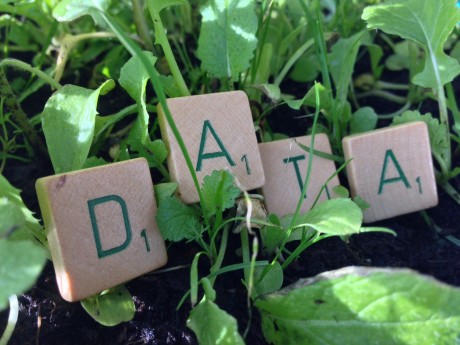
A coverage analysis of research publications on small scale farming and post-production food systems in the Global South
Global food systems are not on track to deliver nutritious, affordable, and healthy food to a growing global population whilst reducing carbon emissions in line with limiting global heating to 1.5C, increasing resilience to a changing climate and reversing the food system’s contribution to the biodiversity crisis. There is plenty of evidence that research and innovation will play a large part in developing the transformative changes in agricultural systems needed to address these complex challenges. Nevertheless, there is consistent underinvestment in these areas. In particular, recent work by the Ceres2030 Initiative (based at Cornell University, 2018-20) has highlighted that there is massive under-investment in research for small-scale farms in the Global South. As a contribution to address this issue, CoSAI is working with a team led by Jaron Porciello of Cornell University on a study that highlights major gaps and possible areas for investment in research and innovation for small-scale farms in the Global South.
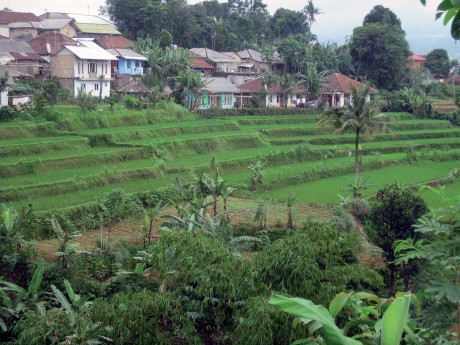
Urban and Peri-urban Agriculture Study
The role of urban and peri-urban agriculture (UPA) in urban food systems is becoming better recognized as a pathway to increasing local food and nutritional security, reducing the ecological footprint of cities, and helping increase the resilience of food systems against climate change and other shocks. However, there is limited evidence on UPA’s benefits in the Global South and there is uncertainty around UPA’s future potential under increased urbanization, climate change, and other global shifts. CoSAI and WLE commissioned a review to identify key innovations and make recommendations on which innovations should be prioritized to ensure increased urban resilience and more sustainable urban food systems. The review will prioritize innovations from both the public and private sectors and in relation to infrastructure, services, capacity development, and governance.
